Domestic and Commercial Electrical Reports and Certificates from £100.00
Next Day Service
Fixed Prices
Local Electricians
5 star reviews
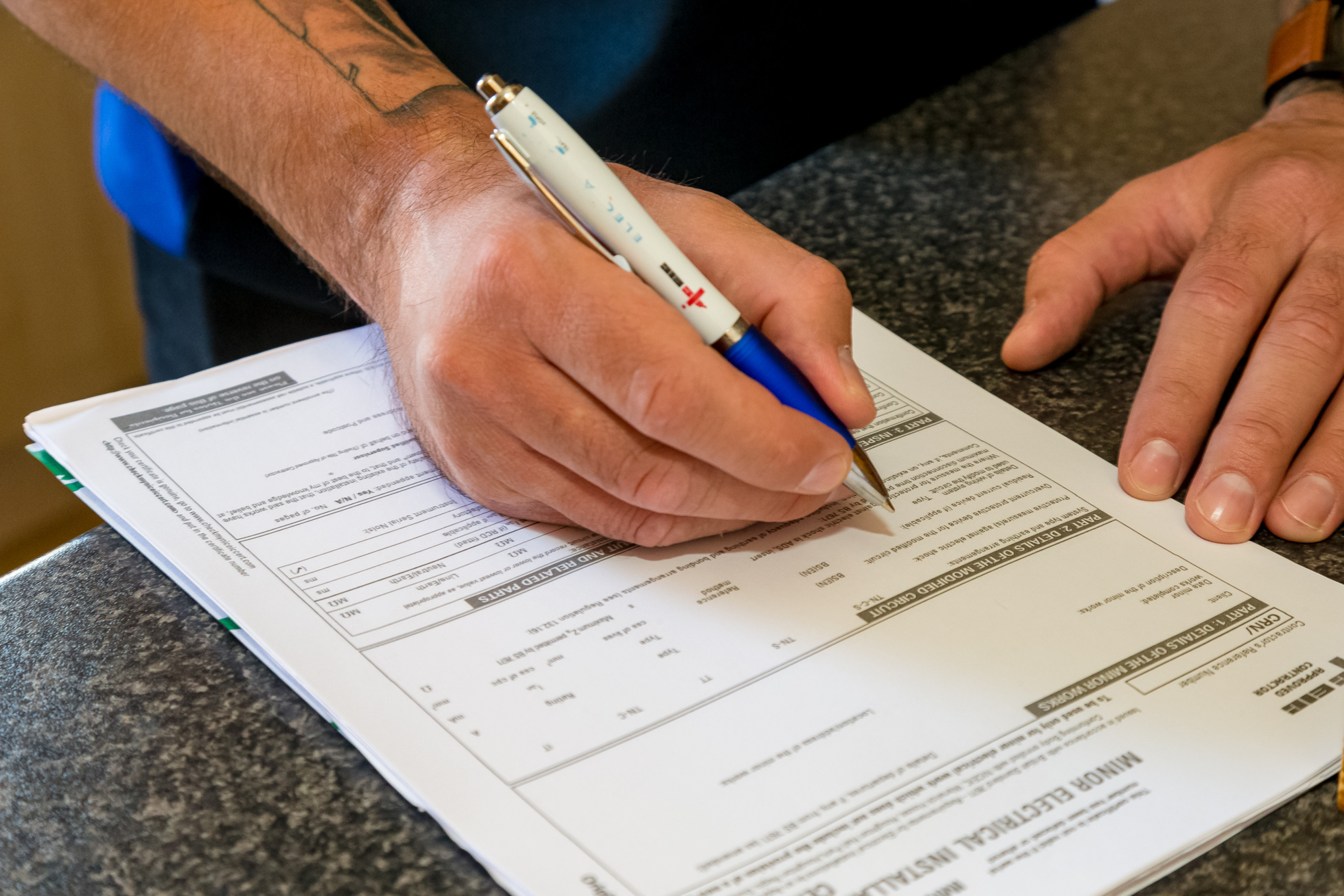
Domestic and Commercial Electrical Reports and Certificates from £100.00
Next Day Service
Fixed Prices
Local Electricians
5 star reviews
AC1 Electrical Services LTD offers fixed price domestic EICR certificates and commercial EICR certificates in British Museum WC1B. Our experienced and certified electricians ensure safety and compliance in residential and commercial properties, providing inspection, electrical testing, EICR reports and cost-effective remedial work.
An EICR (Electrical Installation Condition Report), also known as a Landlord Electrical Safety Certificate, is vital for homeowners, landlords, and businesses to prioritise electrical safety. Our comprehensive fixed wire testing identifies hazards and non-compliance issues, yielding a detailed report upon completion.
Our certified electricians follow industry standards and use advanced testing equipment for accurate and efficient inspections, covering wiring, sockets, switches, consumer units, and more. You'll receive a report and practical recommendations after the inspection.
We pride ourselves on exceptional customer service, with a responsive team ready to answer your queries. Our EICR services ensure your electrical installations meets safety standards, reducing the risk of faults, fires, and electric shock. An up-to-date EICR electrical installation certificate is often required for insurance, regulatory compliance, property transactions, and rentals.
Contact us today to schedule an electrical inspection and report and obtain your EICR certificates in British Museum WC1B. Our friendly team offers reliable, affordable, and compliant electrical safety solutions.
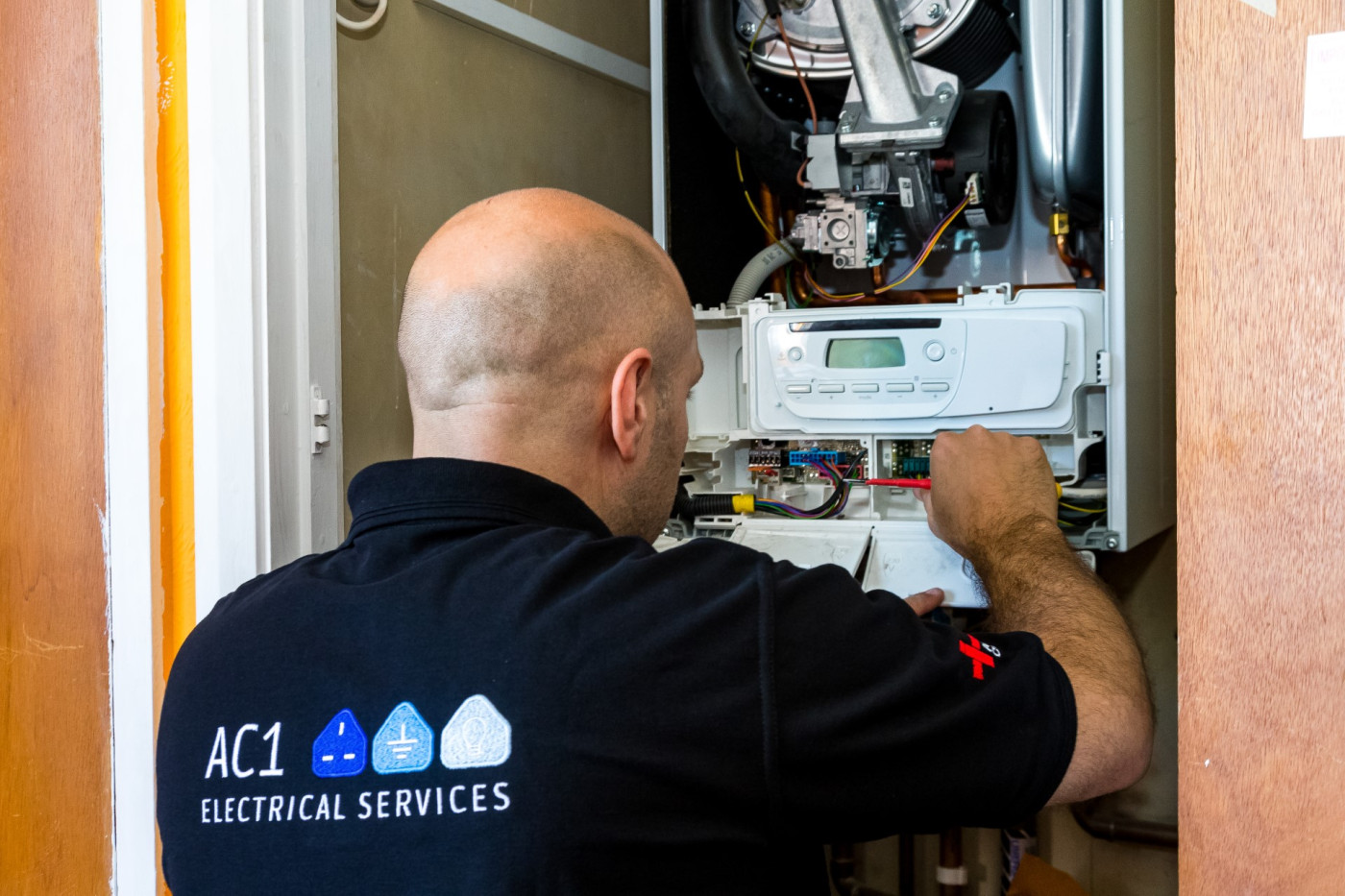

Understanding the Cost of Your EICR
Transparent Pricing for Every Property:
At AC1 Electrical Services, we believe in clear and upfront pricing. Our rates start at £100 + VAT and adjust based on property size, with detailed pricing available for properties up to 5 bedrooms and commercial premises.
Factors Influencing Cost:
The cost of an EICR primarily depends on a few factors: the size of your property and the number of electrical circuits within your consumer unit. Larger properties or those with more circuits naturally require more time and resources, properties without a gas supply and fully electric homes often have more circuits, as do properties with outbuildings or garages with extra fuse boxes. More circuits mean a more extensive inspection, which is reflected in the cost.
Fixed Pricing and Quality Assurance:
We provide fixed pricing before work begins to avoid surprises. Properties with over 10 circuits incur additional charges at £15.00 Plus VAT per circuit. Be cautious of company's that price their EICR service significantly lower, as a thorough electrical inspection is crucial and should not be rushed, Meaning they often need to compromise elsewhere!
For a cost per circuit after 10 circuits in commercial premises please contact us for guidance.
For any queries or to schedule your EICR get in contact with our friendly team.
The above prices are based on the assumption that there are no more than 10 circuits within a consumer unit or fuse box and that there is no more than one consumer unit or fuse box within your property/premises. There are no more than 10 circuits in the majority of a property's electrical installation, however in some circumstances there are more circuits. I n the case where there are additional circuits above 10, these are charged accordingly at £15.00 Plus VAT per circuit for domestic property's. If you are unsure and would like clarification on what this means, please contact us and we will be happy to help you.
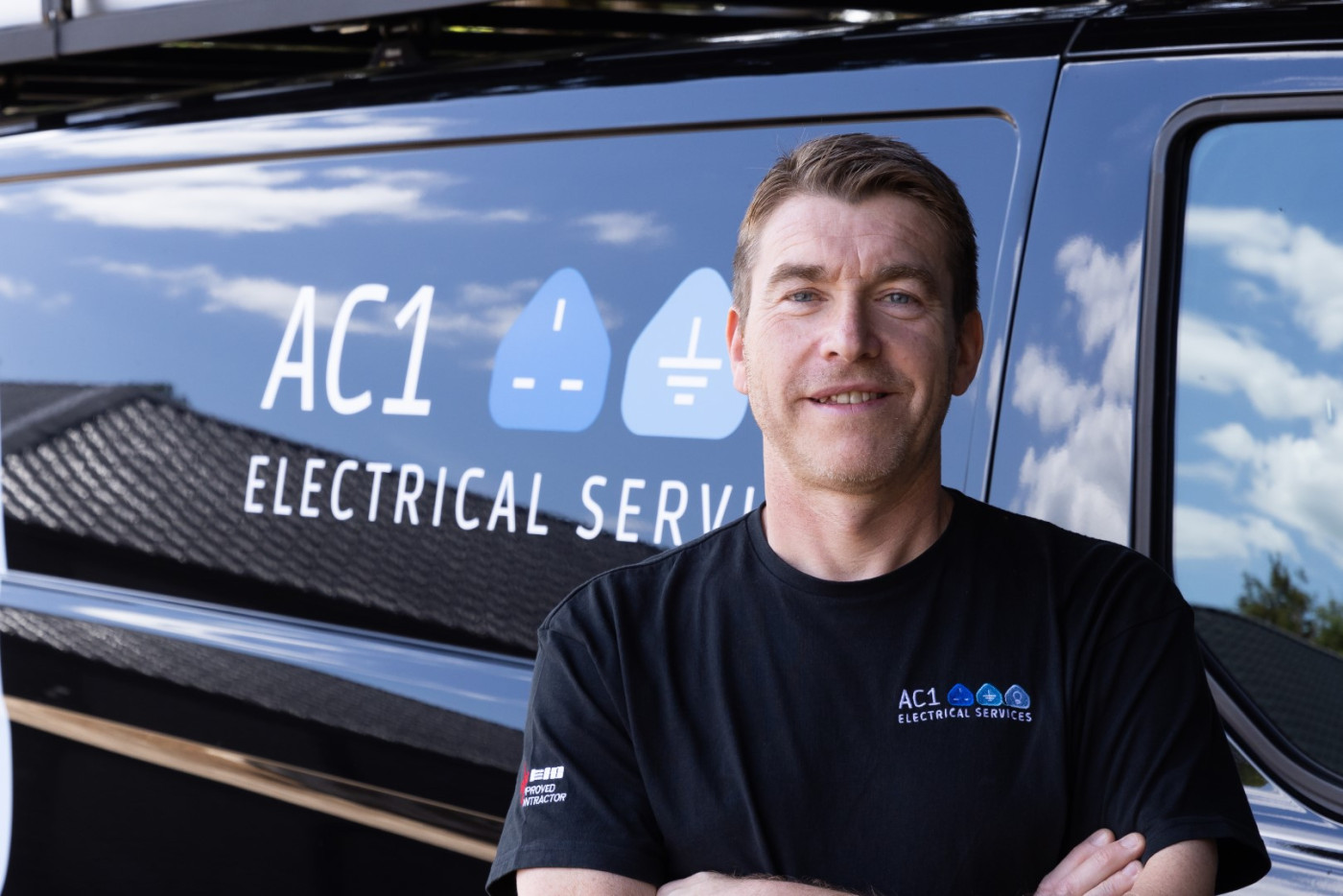


Safety Compliance: To ensure that electrical installations comply with the relevant safety standards and regulations, such as the Wiring Regulations (BS 7671) in the UK.
Legal Requirement: In some jurisdictions, EICRs are legally required at regular intervals for certain types of properties, such as rental properties, commercial buildings, or places with public access.
Insurance: Some insurance providers may require an EICR as a condition for coverage, especially for high-risk properties, to mitigate the risk of electrical shocks, fires, or accidents.
Property Sale or Purchase: EICRs are often requested during the buying or selling of a property to assess the condition of electrical installations and identify any potential issues.
Landlord Responsibilities: Landlords need an EICR to fulfil their legal responsibilities and duty of care towards their tenants, ensuring that their electrical installations are safe and well-maintained.
Tenant Concerns: A tenant or occupant may request an EICR from their landlord if they have safety concerns or suspect electrical problems within a rental property.
Aging Installations: As electrical installations age, they can deteriorate or become outdated. Regular EICRs can identify areas that require maintenance or upgrading.
Renovations or Alterations: Before undertaking significant renovations, additions, or alterations to a property, an EICR can assess the existing electrical infrastructure's capacity and safety.
Previous Electrical Issues: If there have been electrical problems or incidents in the past, an EICR can help determine the root causes and recommend necessary improvements.
Peace of Mind: Homeowners or property owners may choose to have an EICR simply for peace of mind, knowing that their electrical installations are safe and up to code.
Workplace Safety: Businesses may require EICRs to ensure the safety of employees, customers, and visitors, and to minimize the risk of electrical-related accidents in the workplace.
Compliance with Industry Standards: Certain industries or organizations may mandate EICRs to meet specific safety or regulatory requirements.
Homebuyer's Survey: As part of a comprehensive homebuyer's survey, an EICR can provide potential buyers with valuable information about the electrical condition of a property they are considering.
Electrical Fault Diagnosis: When electrical faults or anomalies occur, an EICR can help pinpoint the issue and guide repairs or replacements.
Changes in Usage: If there has been a change in the way a property is used (e.g., conversion from residential to commercial), an EICR can assess whether the electrical system can accommodate the new requirements safely.
Scheduled Maintenance: Regularly scheduled EICRs can help identify and address minor issues or wear and tear in the electrical system before they escalate into major problems. This proactive approach can extend the lifespan of electrical components and reduce the risk of unexpected failures or downtime.
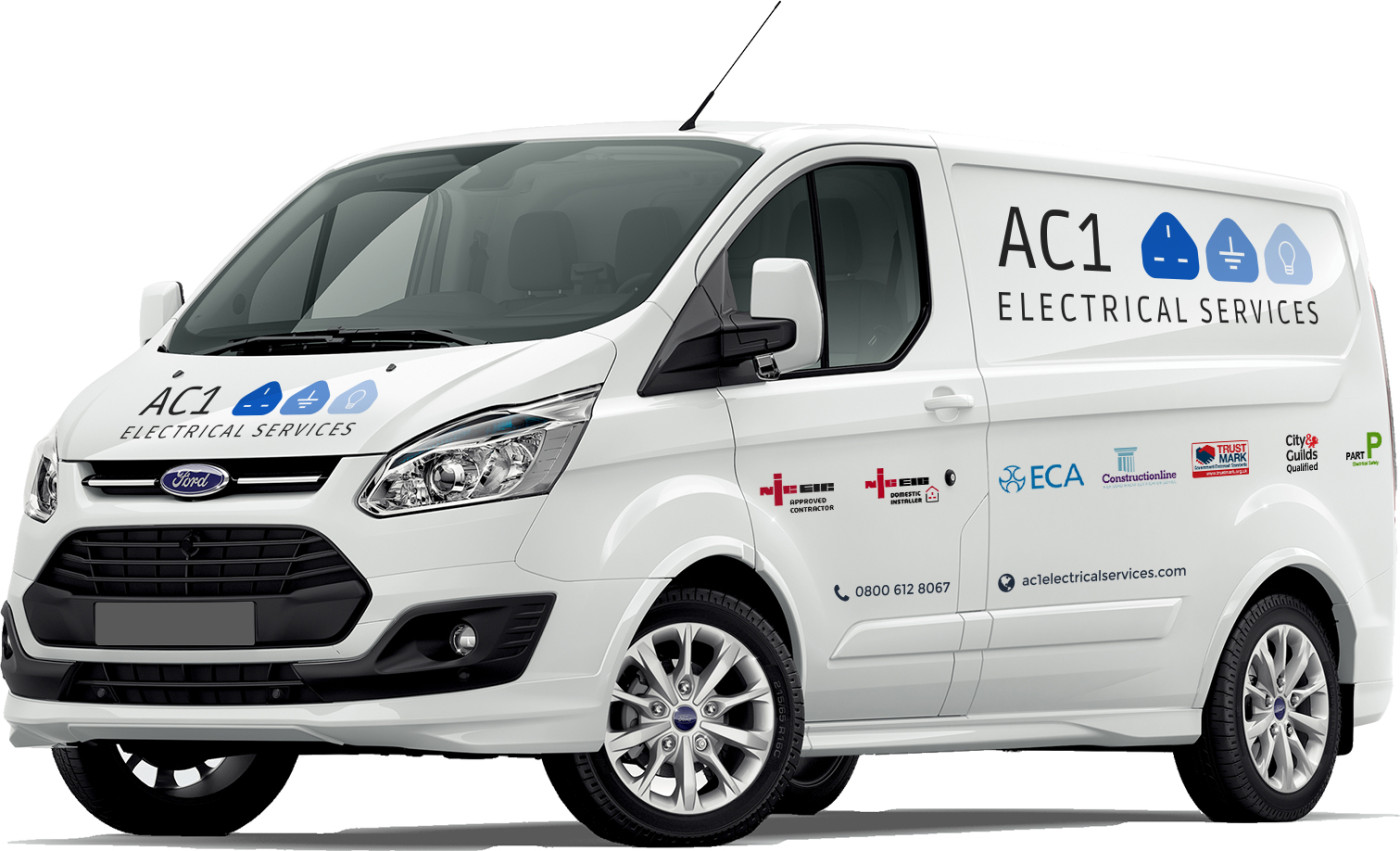
Duration – The duration of an electrical inspection depends on the size of the property and the number of circuits that are within the consumer unit or fuse board. The more circuits there are the longer the inspection will take. For example, a one bedroom domestic property generally would have on average between 4 to 6 circuits and this would take an electrician around one to one and a half hours to complete. However, if the one bedroom property did not have a gas supply and was all electric, you can expect there to be additional circuits for the electric heating within the fuse board taking the electrician longer to complete. Commercial premises generally have a lot more circuits as the property is bigger and there is more equipment, so the inspection and report can take a lot longer in these situations.
Access – The electrician will need access to your consumer unit or fuse board, as many electrical points as reasonably possible i.e. switches, sockets, lights and other electrical fixtures. They will also need access to all parts of the property and premises so we politely ask for this to be arranged before the inspection takes place.
Disruption – Please be aware that the electric will need to be turned off throughout the duration of the appointment. If you are working from home or if it is your work premises that needs to be inspected you will need to bare this in mind and make alternative arrangements for your power source if you need it
It all begins with your inquiry. Reach out to us by phone, email, or through our website. Tell us about your property and any concerns you may have about your electrical system.
We'll promptly provide you with a clear and detailed quotation for the Electrical Installation Condition Report (EICR) service. You'll know exactly what's included and the estimated cost.
Once you've accepted the quotation, we'll work with you to schedule a convenient appointment. Our goal is to make the process as smooth as possible for you.
On the scheduled date, one of our qualified electricians will visit your property. They will carefully inspect your electrical installations, circuits, and components to assess against current regulation standards.
After the inspection, our electrician compiles the findings into a comprehensive report. This report includes a summary of the inspection results, any identified issues or concerns, recommendations for necessary actions, and a clear code for any defects found.
We'll deliver the EICR report to you by email or as a physical copy, we make sure you receive all the information you need to understand the condition of your electrical system and any required next steps and associated quotation for rectification work where applicable.
At AC1 Electrical Services LTD, we understand that electrical safety is paramount. When an Electrical Installation Condition Report (EICR) identifies issues with your electrical system, you need a trusted partner to rectify these problems promptly and effectively. Our team of experienced electricians are here to provide you with rectification and electrical remedial work, ensuring your peace of mind.
Why Choose Us?
Experience: With years of experience in the industry, we have encountered a wide range of electrical issues. No matter the complexity, we have the knowledge and skills to address them.
Qualified Electrician: Our team comprises of fully qualified and certified electricians who are up-to-date with the latest regulations and safety standards.
Compliance: We work diligently to bring your electrical system in line with current electrical regulations, ensuring the safety of your property and its occupants.
Transparency: We believe in transparent communication. You'll receive a detailed quotation before any work begins, so you know what to expect.
1. Initial Assessment: Our electricians will thoroughly review your EICR report to understand the specific issues that need attention.
2. Customized Solution: We'll develop a tailored plan to address the identified electrical issues. This plan will outline the scope of remedial work, materials required, and the estimated timeline.
3. Quotation: You'll receive a detailed quotation, including the cost of labour and materials. We believe in upfront pricing and transparency.
4. Professional Repairs: Once you approve the quotation, our skilled electricians will begin the remedial work. They will work efficiently to complete the necessary electrical repairs and upgrades.
5. Re-Testing: After the remedial work is finished, we'll conduct a thorough inspection and testing to ensure your electrical installations now meets all safety standards.
6. Comprehensive Report: Along with the completed remedial work, you'll receive a comprehensive report detailing the actions taken and the updated condition of your electrical system.
When it comes to electrical rectification and remedial work, we are your trusted partner. We are committed to delivering safe, compliant, and reliable electrical solutions. Whether your property is domestic or commercial, our team is equipped to handle any challenge.
C1 - Danger Present: This code (C1) is used when a dangerous electrical condition is identified that requires immediate attention because it poses an immediate risk of injury or fire. The electrical installation is considered unsafe, and corrective action must be taken urgently to eliminate the danger.
C2 - Potentially Dangerous: The C2 code is used when a potentially dangerous condition is found that, while not an immediate threat, requires attention and remediation in the near future. This code signifies that there's a risk of injury or fire if the issue is left unattended. It's a significant issue but doesn't demand immediate action like a C1 code.
C3 - Improvement Recommended: The C3 code is used for situations where improvements to the electrical installation are recommended but are not considered urgent. These recommendations may include enhancements for better safety, efficiency, or compliance with current regulations. While it's not an immediate concern, addressing C3 issues is advisable for long-term electrical safety and performance.
FI - Further Investigation Required: The FI code indicates that the inspector has identified an issue that cannot be fully assessed during the inspection, and additional investigation is needed to determine its severity or extent. This code is used when the inspector encounters a situation that requires more in-depth examination, possibly by a specialist or through more extensive testing.
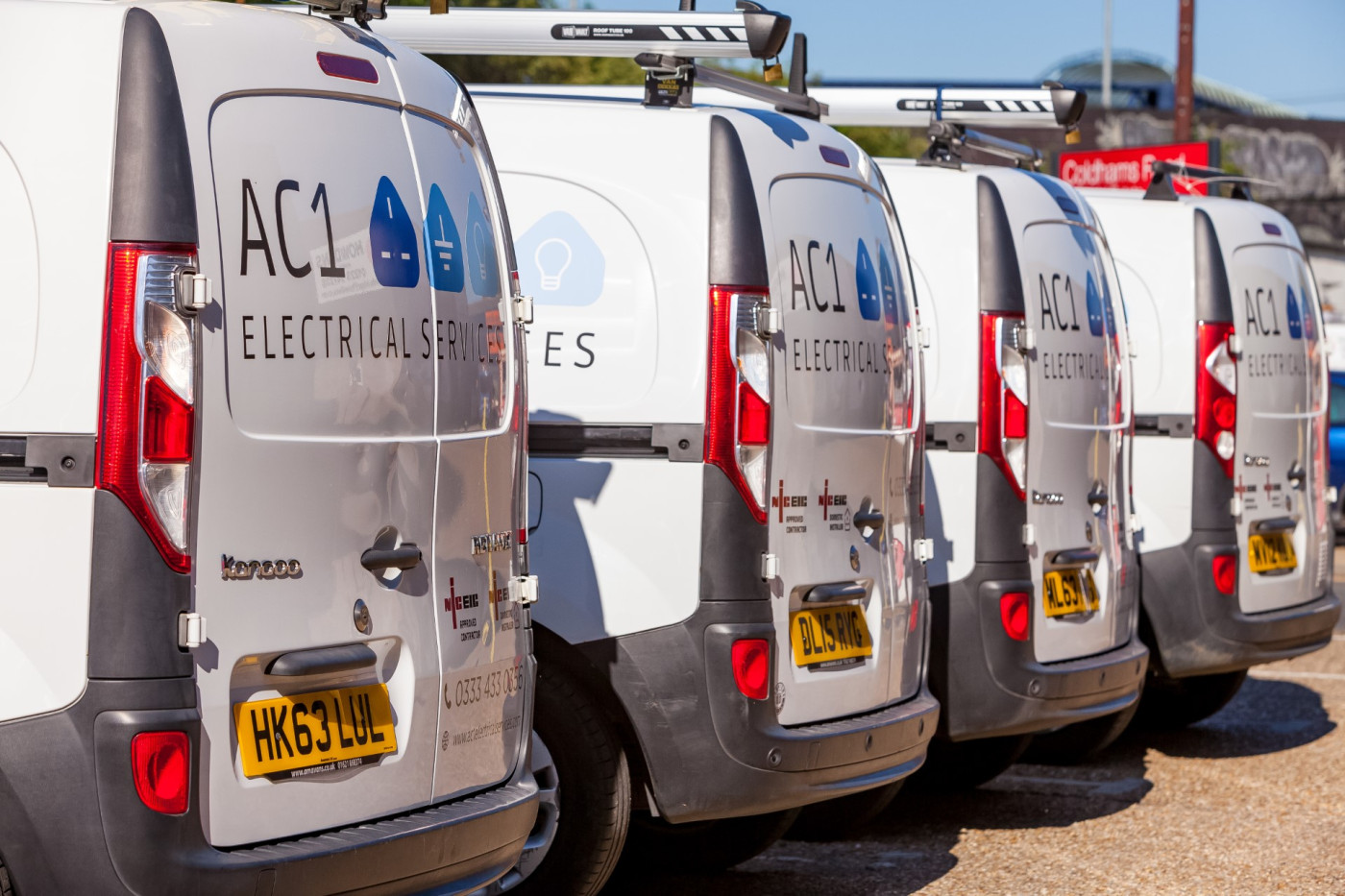
If you own or manage an HMO property, electrical safety is crucial. We specialize in providing comprehensive EICR services tailored to HMO properties @location. Our certified electricians conduct thorough inspections to ensure compliance and tenant safety.
HMO properties have unique electrical safety check requirements. Our experts understand these specific needs and thoroughly assess each part of the property including all communal areas. We identify potential hazards, faulty wiring, and non-compliance issues that may compromise tenant safety.
After the inspection, we provide a detailed EICR report specifically designed for HMO properties. It highlights areas of concern and offers practical recommendations for addressing any issues found. Our efficient service aims to minimize disruption to your tenants.
Partner with AC1 Electrical Services LTD to ensure your HMO property meets electrical safety standards. Our commitment to quality and customer satisfaction guarantees exceptional service throughout the process.
Get in contact with us today to schedule an EICR report for your HMO property @location. We provide reliable solutions to maintain the highest standards of electrical safety.

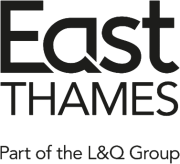










An EICR report in British Museum WC1B is a detailed inspection on a properties electrical installation, carried out by one of our qualified engineers. EICR reports in British Museum WC1B are also known as Landlord Electrical Safety certificate, Electrical safety certificates or Homebuyers Electrical Test.
EICR = Electrical Installation Condition Report
An EICR takes between 2 and 4 hours for an average-sized property. AC1 Electrical offers next day service for all our EICR inspections, providing our customers with a quick EICR report in British Museum WC1B.
An EICR certificate is the same and an electrical installation condition report, which is presented on completion of an electrical inspection which assess the condition of the wiring and accessories. It is now a legal requirement for a landlord to have a satisfactory EICR prior to new tenancies, and for all existing tenancies as of April 2021. Most insurers would also like to see that an electrical installation has been tested and checked by a registered and competent electrician, such as an NICEIC Approved Contractor.
Employers should have an EICR inspection at 2 to 5 year intervals, depending on usage.
A landlord must have an EICR test done every five years or with new tenancies.
EICR testing is recommended to homeowners every 10 years and when you buy or sell a property. You may need a valid EICR report in British Museum WC1B for insurance purposes - it is important to check with your insurer.
You should book an EICR if your electrics are old or outdated. You will also need to have an EICR at the request of your local authority for building control regulations. A commercial EICR may be needed as part of annual inspections.
The EICR cost in British Museum WC1B varies depending on the property type and size. Domestic property EICR certificate cost starts from £99.00 plus VAT, whereas a commercial electrical report will start from £220.00 Plus VAT. Typically the price will increase with the property size or number of electrical circuits there are within the Consumer unit. AC1 Electrical Services will always provide a fixed price before any commencement of works so you will know exactly what you will pay. Our EICR costs can be viewed on our rates page. You can also contact us with any questions or for more information on our EICR pricing.
On completion of an inspection, a written report will be issued listing any recommendations (where applicable) that require necessary remedial action, this report is referred to as an EICR report in British Museum WC1B. The number and nature of such recommendations will impact the overall outcome of whether the installation is given ‘SATISFACTORY’ status. We will clearly explain to you what the outcome of your report means and automatically issue you with a no-obligation quotation for any remedial work if applicable.
Landlords must ensure that they provide a copy of their current satisfactory EICR report to tenants. An EICR must be carried out every 5 years for domestic properties and whenever tenancy changes.
For commercial properties an EICR must be carried out every 2 to 5 years, depending on usage. Contact AC1 Electrical for an EICR report in British Museum WC1B.
AC1 Electrical Services provides EICR inspections and EICR reports in British Museum WC1B.
AC1 Electrical Services provide fixed prices for electrical safety certificates and EICR reports in British Museum WC1B. If there are any issues identified on inspection which require the need for further remedial work, we will provide you with a clear quotation to carry this work out when we issue you with your EICR electrical safety report. You are under no obligation to use us to carry out the work if you do not wish to.
An EICR report in British Museum WC1B is typically valid for 5 years:
EICR observations indicate varying levels of problems - they are coded C1, C2, C3, or F1.
C1: Danger Present, Risk of injury, immediate remedial action required
Items marked as C1 on an EICR report in British Museum WC1B would be considered to be able to cause immediate harm or injury to a person (or persons) potential resulting in death. For example, live cables exposed anywhere in a property or just poor quality DIY.
A C1 listed on an EICR report in British Museum WC1B would warrant an immediate failure of that inspection meaning the outcome of the report would be unsatisfactory. Any items found to be immediately dangerous during an electrical inspection (within reason) should be rectified by the electrician on-site and charged as necessary.
C2: Potentially Dangerous, Urgent Remedial Action Required
Items marked as C2 on an EICR report in British Museum WC1B are viewed to be potentially dangerous. It depends on the nature of the item that has been marked as a C2 as to whether the outcome of the report would be unsatisfactory.
In some circumstances items marked as C2 can be rectified on-site (at an additional cost) to obtain a satisfactory EICR certificate, this will avoid an unsatisfactory report being issued and other costs incurred for possible return visits.
C3: Improvement Required
EICR items marked as C3 do not comply with current regulatory standards.
A C3 is not viewed to be dangerous but must be listed as a recommendation on the EICR report in British Museum WC1B. You can have a number of C3 items listed on your report and your electrical installation would still be viewed as Satisfactory.
F1: Further Investigation Required
F1 items include wiring that uses older colour codes, or circuits that are not verified at the time of testing.
An EICR report in British Museum WC1B may also be known as:
To find out more about EICR reports in British Museum WC1B, you can visit our website or visit the following pages:
Employer’s Responsibilities
Electrical Safety at work
Landlord Advice: Electrical Safety when Renting
18th Edition Regulations
An Electrical Installation Condition Report (EICR) assesses the condition of a property's fixed wiring and electrical systems.
An Energy Performance Certificate (EPC) assesses a property’s energy performance.
Portable Appliance Testing (PAT testing) assesses the safety and function of electrical appliances within a property.